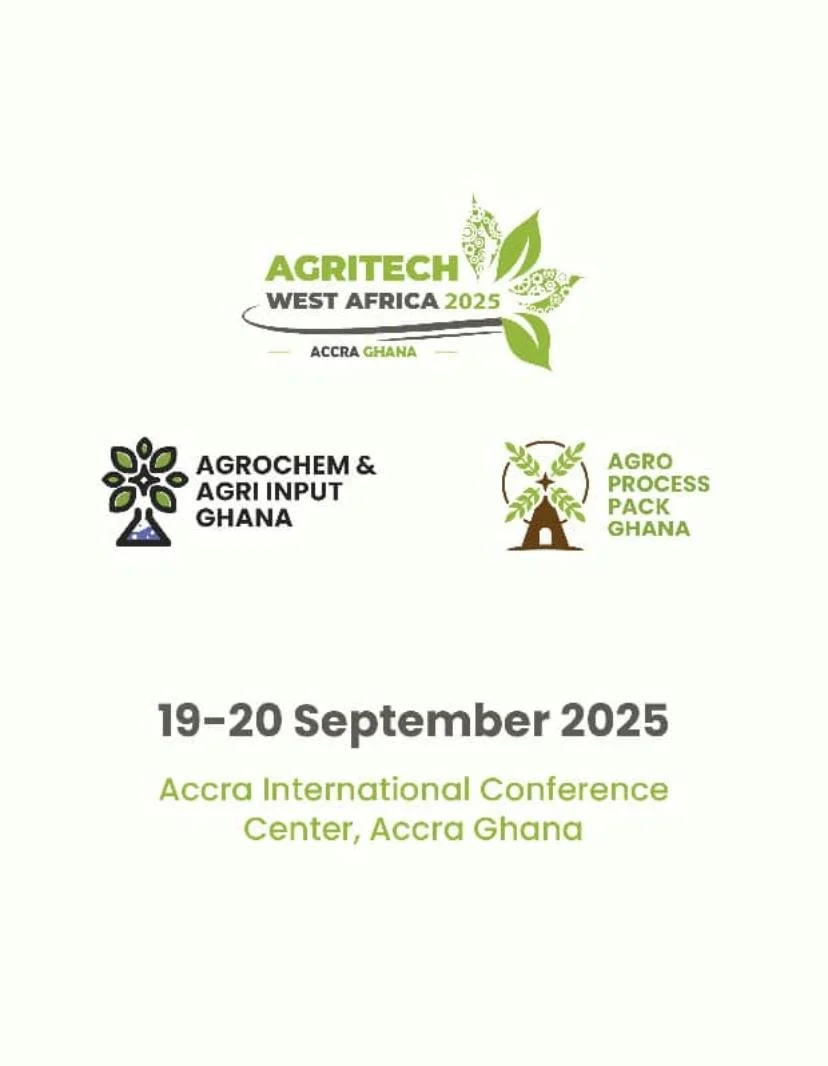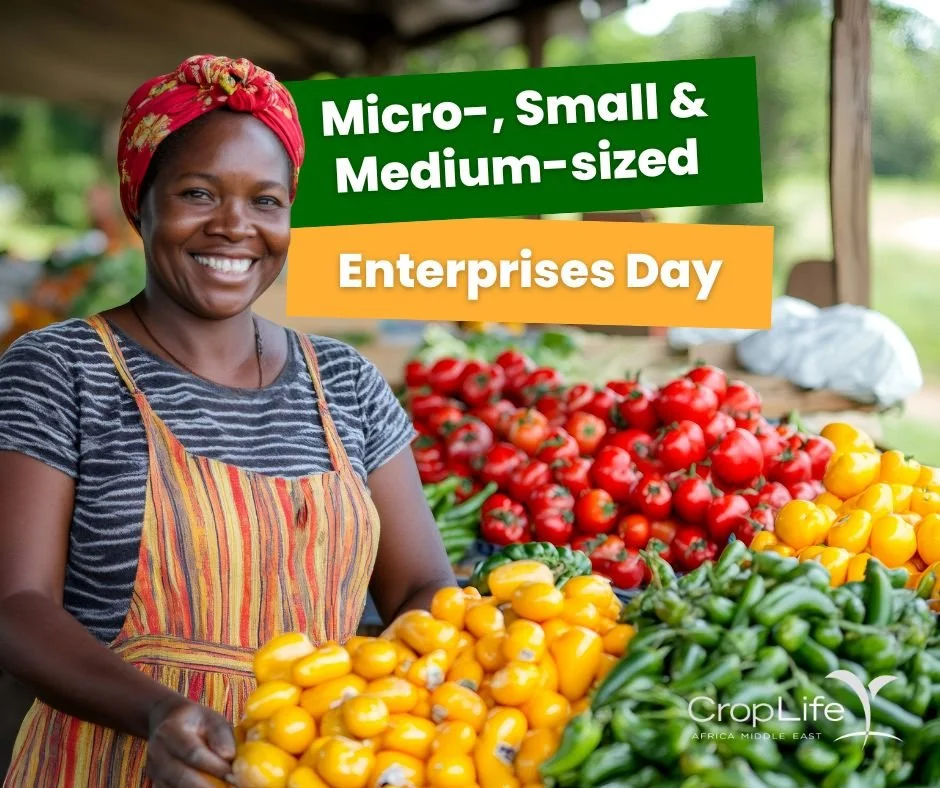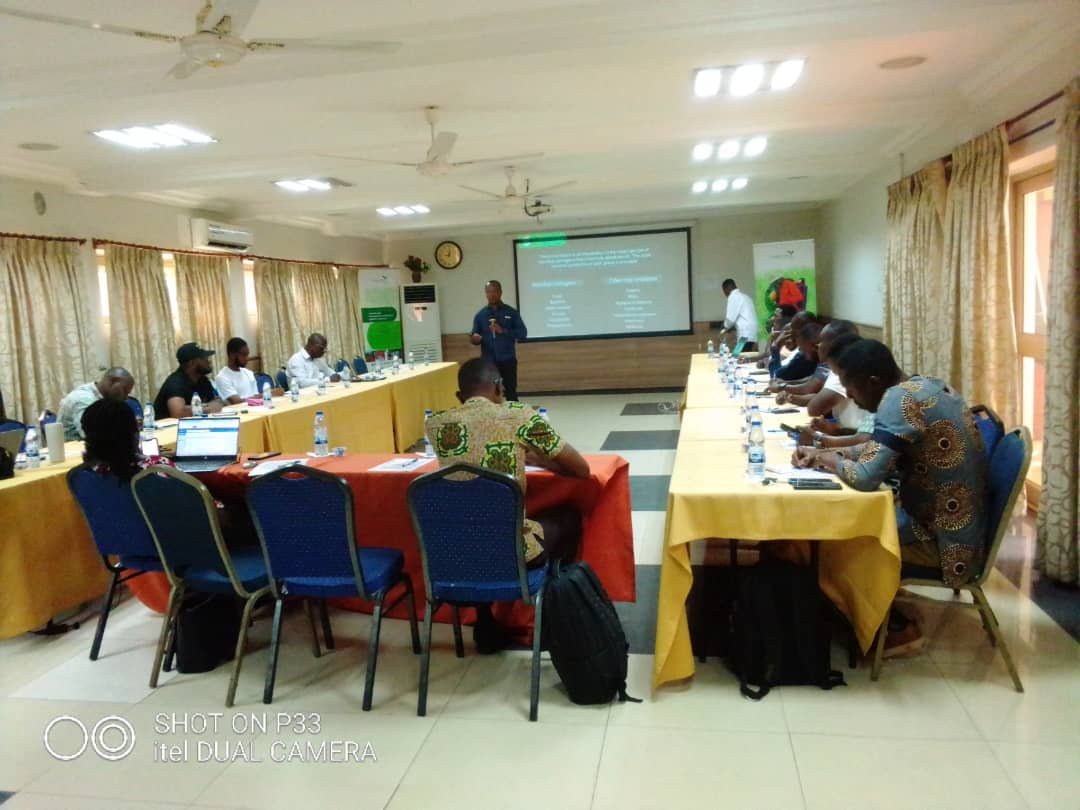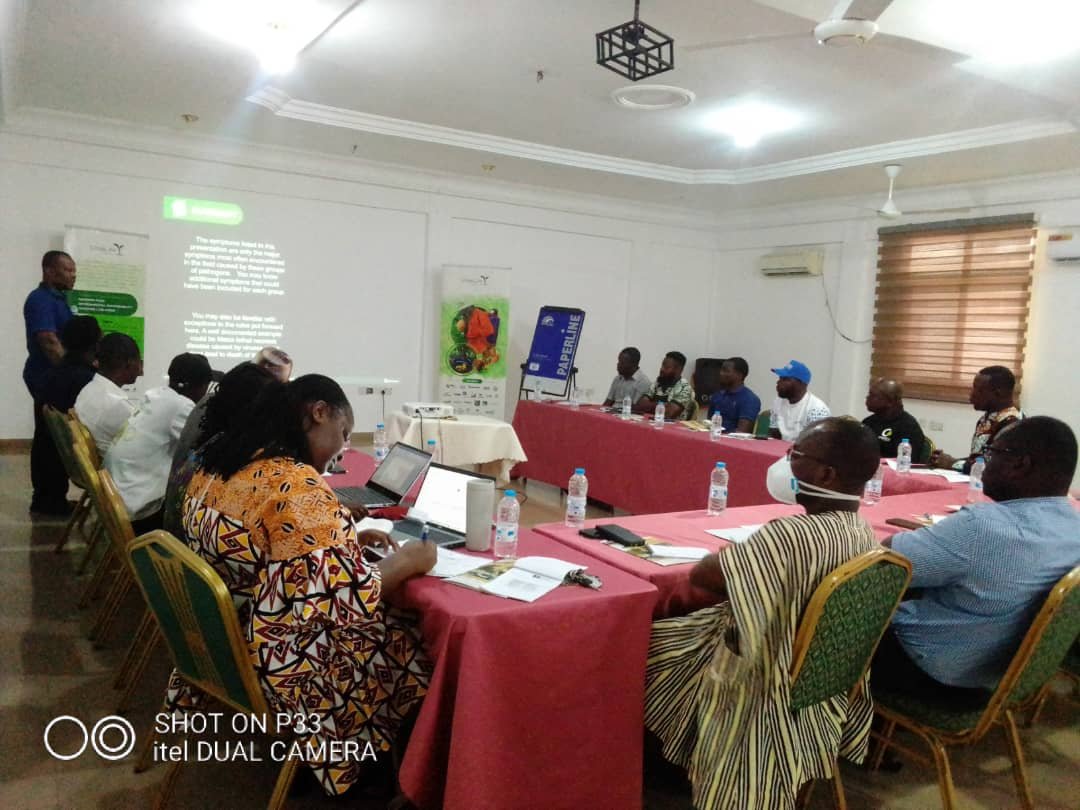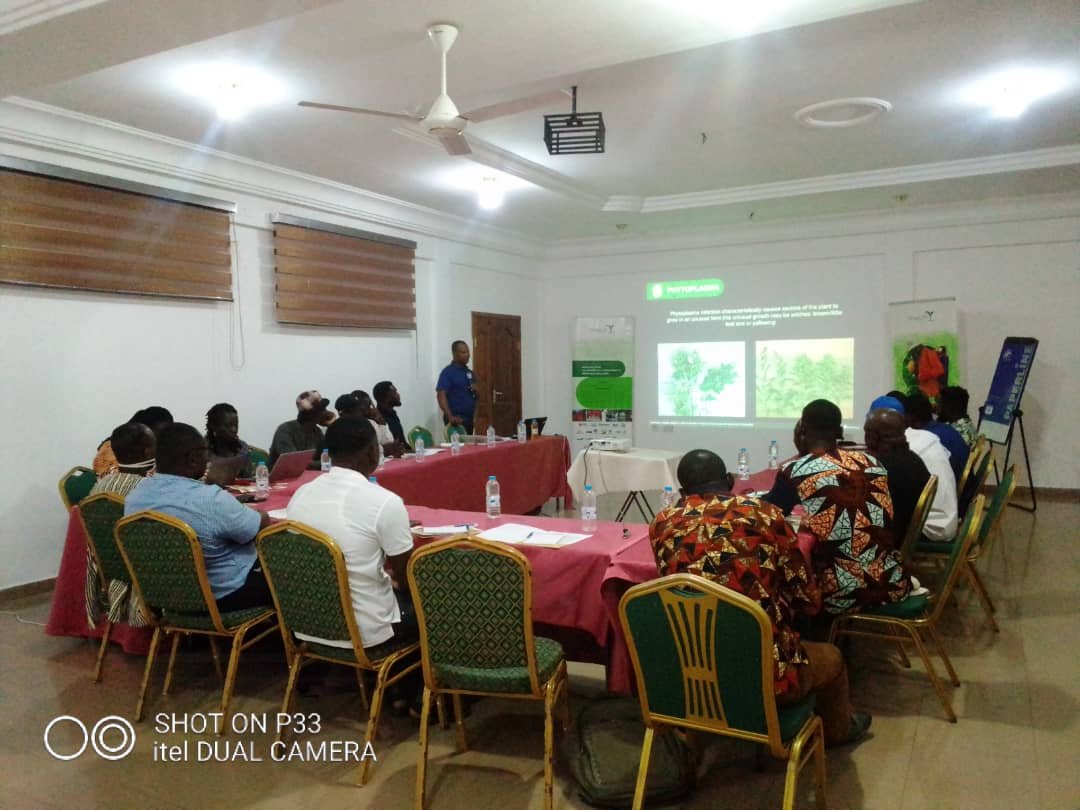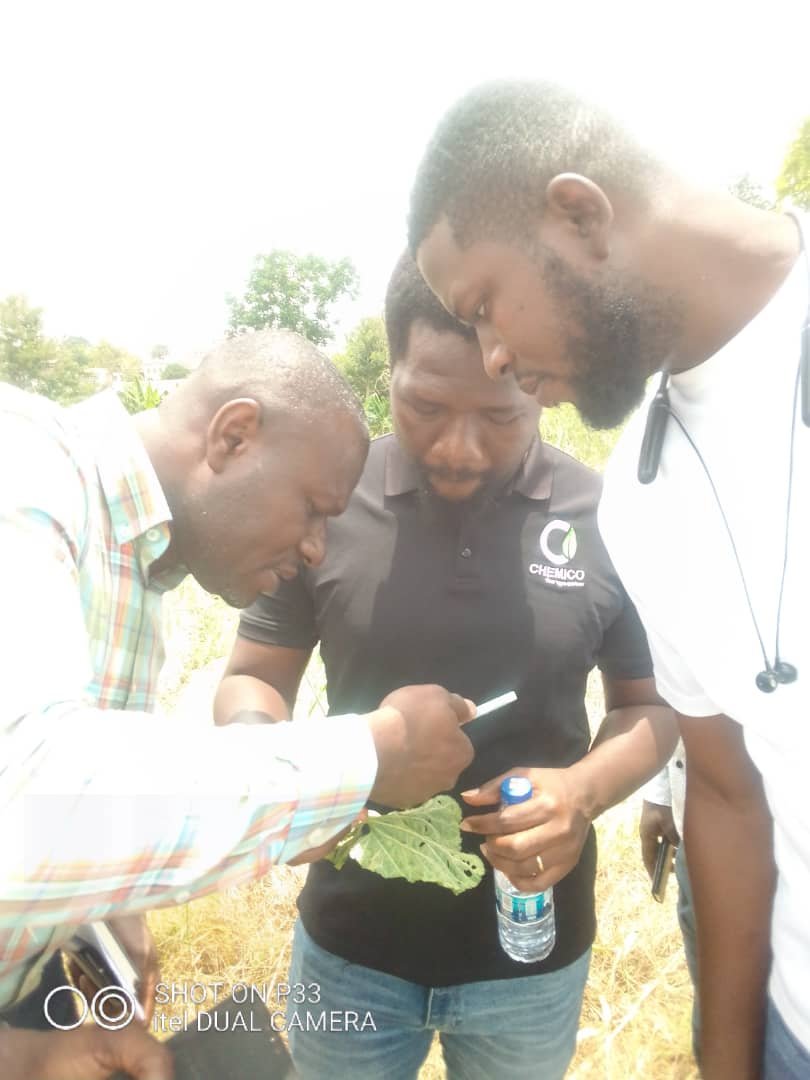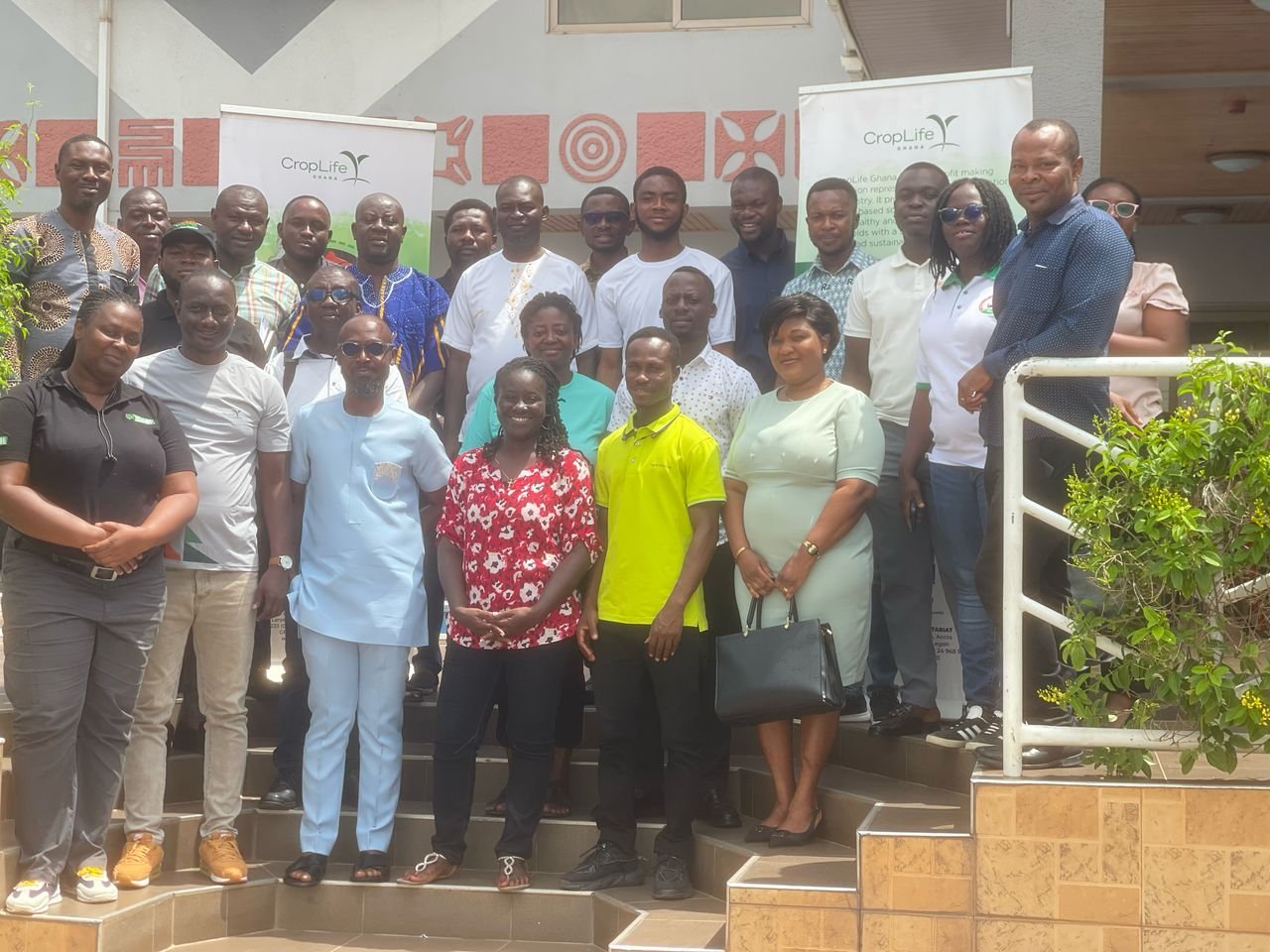ANNOUNCEMENT ! ANNOUNCEMENT !! ANNOUNCEMENT !!!
AGRITECH WEST AFRICA 2025 is organizing its 4th edition Exhibition co-located with AGRO PROCESS PACK GHANA
Date : 19-20 September 2025
Venue : Accra International Conference Center, Ghana
EXHIBITION STATS AT A GLANCE:
100+ EXHIBITORS | 4000+ PROFESSIONAL VISITORS
8+ COUNTRIES | 3500+ SQM Exhibition AREA
Exhibit Profile:
Agriculture machinery & implements, Tractors & Construction Machines, Seeds and seedlings, Plant production & Crop Care, Agrochemicals and agro inputs, Fertilizers, irrigation systems pipes pumps motors, Poultry Livestock and animal husbandry, Feed additives, Dairy technology, spare parts, Water recycling, Storage and warehousing, Graining processing Milling and machines, Agrofood processing packaging machines and materials etc.
Supporting Partners :
Ministry of Food & Agriculture, WACOA, Croplife Ghana, GUTA, FONG, FAGE, Guzakuza etc.
Participating Countries :
India, Ghana, Nigeria, China, Turkey, Italy, Ivory Coast, Togo, South Africa
Register to attend the expo: https://register.eazytagg.com/O7Gw
For more information and bookings, please contact:
Thomas James, Director Exhibitions
wtsp: +233 27 7700745 / +91 9311783733
email: projects@synergiceindia.com


